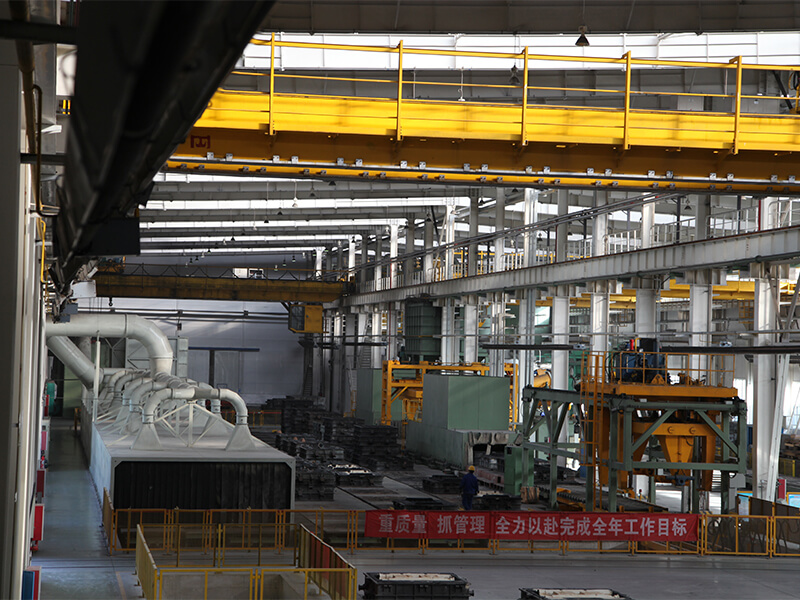- Afrikaans
- Albanian
- Amharic
- Arabic
- Armenian
- Azerbaijani
- Basque
- Belarusian
- Bengali
- Bosnian
- Bulgarian
- Catalan
- Cebuano
- China
- China (Taiwan)
- Corsican
- Croatian
- Czech
- Danish
- Dutch
- English
- Esperanto
- Estonian
- Finnish
- French
- Frisian
- Galician
- Georgian
- German
- Greek
- Gujarati
- Haitian Creole
- hausa
- hawaiian
- Hebrew
- Hindi
- Miao
- Hungarian
- Icelandic
- igbo
- Indonesian
- irish
- Italian
- Japanese
- Javanese
- Kannada
- kazakh
- Khmer
- Rwandese
- Korean
- Kurdish
- Kyrgyz
- Lao
- Latin
- Latvian
- Lithuanian
- Luxembourgish
- Macedonian
- Malgashi
- Malay
- Malayalam
- Maltese
- Maori
- Marathi
- Mongolian
- Myanmar
- Nepali
- Norwegian
- Norwegian
- Occitan
- Pashto
- Persian
- Polish
- Portuguese
- Punjabi
- Romanian
- Russian
- Samoan
- Scottish Gaelic
- Serbian
- Sesotho
- Shona
- Sindhi
- Sinhala
- Slovak
- Slovenian
- Somali
- Spanish
- Sundanese
- Swahili
- Swedish
- Tagalog
- Tajik
- Tamil
- Tatar
- Telugu
- Thai
- Turkish
- Turkmen
- Ukrainian
- Urdu
- Uighur
- Uzbek
- Vietnamese
- Welsh
- Bantu
- Yiddish
- Yoruba
- Zulu
Ott . 19, 2024 04:58 Back to list
Exploring the Properties and Applications of Sand Cast Aluminum Alloys in Modern Manufacturing
Sand Cast Aluminum Alloys Properties, Benefits, and Applications
Sand casting, also known as sand mold casting, is one of the oldest and most versatile casting methods. Among various materials that can be cast, aluminum alloys stand out for their lightweight properties, excellent corrosion resistance, and impressive mechanical characteristics. This article explores the properties, benefits, and applications of sand cast aluminum alloys.
Properties of Sand Cast Aluminum Alloys
Aluminum alloys used in sand casting typically consist of various alloying elements such as silicon, magnesium, copper, and zinc. These elements enhance the base properties of aluminum, tailoring the material for specific applications. The alloying process allows for adjustments in strength, ductility, and thermal conductivity, making aluminum alloys suitable for a wide range of environments and conditions.
The castability of aluminum is one of its most significant advantages. The relatively low melting point of aluminum (around 660°C or 1220°F) facilitates easy pouring into sand molds, which are often made from silica sand mixed with binders to stabilize the mold’s structure. Given that aluminum shrinks only slightly during solidification, sand casting can achieve precise dimensions and surface finishes.
Furthermore, sand-cast aluminum alloys exhibit excellent resistance to oxidation and corrosion, which is a key benefit in harsh environments. The natural oxide layer that forms on aluminum protects the metal from further degradation. This characteristic makes aluminum alloys a preferred choice in industries such as automotive and aerospace, where lightweight and durability are critical.
Benefits of Sand Cast Aluminum Alloys
One of the primary benefits of using sand cast aluminum alloys is their cost-effectiveness. The sand casting process is relatively inexpensive compared to other casting methods, such as die casting or investment casting, especially for low to medium production volumes. The reusable nature of sand molds further reduces production costs over time.
sand cast aluminum alloys

Moreover, sand casting allows for the production of complex shapes and large components. The flexibility of this method means that intricate designs can be accomplished without the need for expensive tooling. This adaptability also facilitates the manufacturing of custom pieces, which is particularly advantageous for prototypes and specialized applications.
The ability to recycle scrap aluminum also contributes to the sustainability of sand cast aluminum alloys
. Aluminum is one of the most recyclable materials, and using recycled aluminum can further reduce the environmental footprint of the production process.Applications of Sand Cast Aluminum Alloys
Sand cast aluminum alloys find applications across various industries due to their favorable properties. In the automotive industry, they are commonly used for engine blocks, transmission cases, and structural components, where strength and lightweight characteristics are paramount.
In the aerospace sector, aluminum alloys are utilized in aircraft components, including brackets, housings, and various flight hardware, where maximizing weight efficiency while ensuring safety and integrity is crucial. Additionally, these alloys are employed in the manufacturing of marine parts, including boat hulls, fittings, and engine components, owing to their resistance to seawater corrosion.
The construction industry also benefits from sand cast aluminum alloys. They are used in the production of architectural features, window frames, and other structural components, bringing both aesthetic value and functionality.
Conclusion
In summary, sand cast aluminum alloys are a crucial material choice in various industries due to their impressive properties, cost-effectiveness, and versatility in applications. As technology advances and the demand for lightweight, durable materials grows, the significance of sand cast aluminum alloys will continue to rise, paving the way for innovations in design and manufacturing processes. Their combination of performance, sustainability, and adaptability ensures that they will remain a staple in the world of engineering and manufacturing for years to come.
-
Steel Reinforced Concrete Pipe Bottom Ring Moulds Buy Custom Solutions
NewsMay.19,2025
-
Original Concrete Pipe Mold Bottom Ring & Pallet Chinese Factory Direct Sale
NewsMay.19,2025
-
Custom Room Heating Heat Exchangers Energy-Efficient Solutions
NewsMay.18,2025
-
Precision Milling Body Casting Solutions Custom & ODM Options
NewsMay.18,2025
-
Custom Cast Silicon Aluminum Heat Exchanger for Hot Water Boiler High Efficiency
NewsMay.18,2025
-
Premium Custom & ODM Vehicle Parts Bulk Order Deals
NewsMay.17,2025


